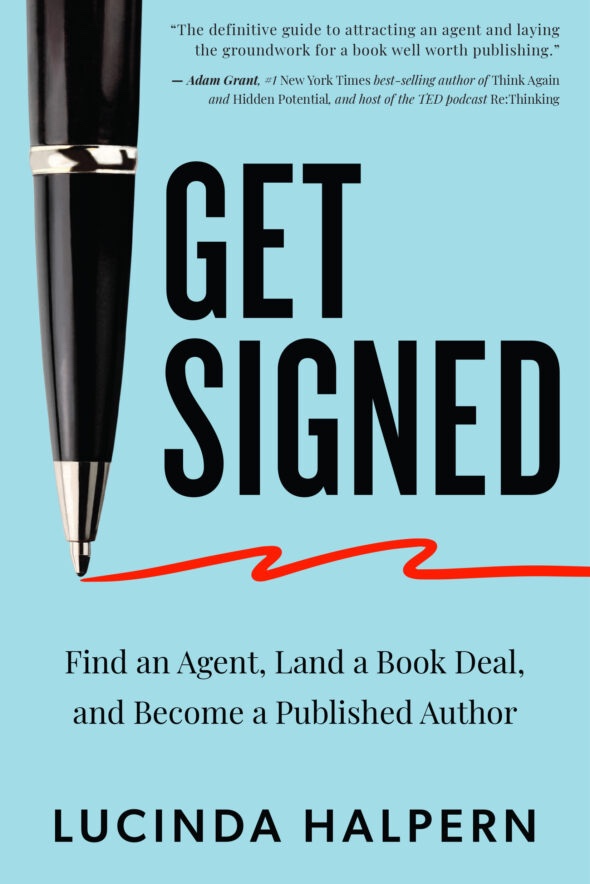Search
The Social Media You Need To Get A Book Deal
Image courtesy of https://letsgobrandongreen.com/
If you’ve downloaded our It Takes a Village™ Marketing Workshop On-Demand, you know that demonstrating an “audience” to agents and publishers is not only hugely important, but also that your audience is measured in a variety of ways. This means you don’t need to feel pressure to be everywhere online; you just need to be present and active in one, two, or three places depending on the genre you write in. Remember that publishers look for your reach, but they care most about engagement: how many views and comments you’re receiving.
Still not convinced about the importance and power of social media? This one TikTok was responsible for SELLING OUT Bright Line Eating on Amazon—Lucinda’s author Susan Peirce Thompson’s book—in the course of a single weekend!
Below, we’ve identified the platforms publishers care about in the market today, and how you can use them to your advantage.
If you’re a journalist:
Beyond looking at clips of your published writing online, publishers and agents will look mainly to Twitter for a sense of how you present your personality or expertise, your following, commentary, and whether you’re in conversation with others.
Our author example: Dave Pell
If you’re a fiction writer:
Fiction writers are not measured by platform to the extent nonfiction authors are, but it’s still helpful, if not de rigeur, to be present online. Facebook—where readers and book clubs often live and gather—as well as Instagram—which boasts a robust community of “bookstagrammers” who review, rave, and spread the word about books they love—are two mediums in which fiction writers often see a lot of success. Especially if your book is illustrated, these can be helpful social media outlets to share a sense of humor, talent, or personality and the unique lens through which you see the world. Editors will want to see others engaging with you on these platforms.
Our author example: Jayne Allen
If you’re writing memoir or self-help:
If you’re writing in either of these categories, know that publishers, with little exception, care most about a large and evident audience on social media. A small following will disqualify you from consideration by certain major publishers. Don’t worry! The good news is they’re not as picky about which platform you’re big on, and there are so many mediums available to you to spread your message or connect with those interested in your work, from Instagram to YouTube to Tik Tok to Twitter. Publishers are looking to follower numbers of ten thousand or more, and so, before pitching agents, you should either meet this threshold or have a strong plan for doing so. There is one exception: academics writing self-help will not be quite as expected to meet these numbers. But if you’re writing your life story, how will a publisher know there’s an audience to be had, if they can’t see evidence of an audience that exists?
Our author example: Randi Zinn
If you’re writing a business book:
Twitter and LinkedIn are traditionally where editors will scope you out, looking primarily for your reach. (The same exception above for academics also applies for PhDs.) But depending on whether you’re a CEO, a journalist, or a coach, you’ll want to consider—for your own brand as much as your hopes of landing a book deal—where your natural audience lives. A business journalist needn’t be on YouTube, but an entrepreneur may very well be.
Our author examples: Jake Wood; Dan Martell
Writers of all kinds:
While agents and publishers often have certain expectations about which platforms authors of various genres should be present on, we view these simply as guidelines for where to start looking for your ideal audience. The truth is, you should choose the best platforms for you—pick the site(s) you feel the most comfortable on, the ones that feel the least like work, the ones that allow you to show up in the most authentic way to you and create a true community.
Now is the moment to reach others with your unique content. Study the approaches of people or authors you admire, and begin to connect with a community that may very well come eagerly to your book.
We’re rooting you on!








